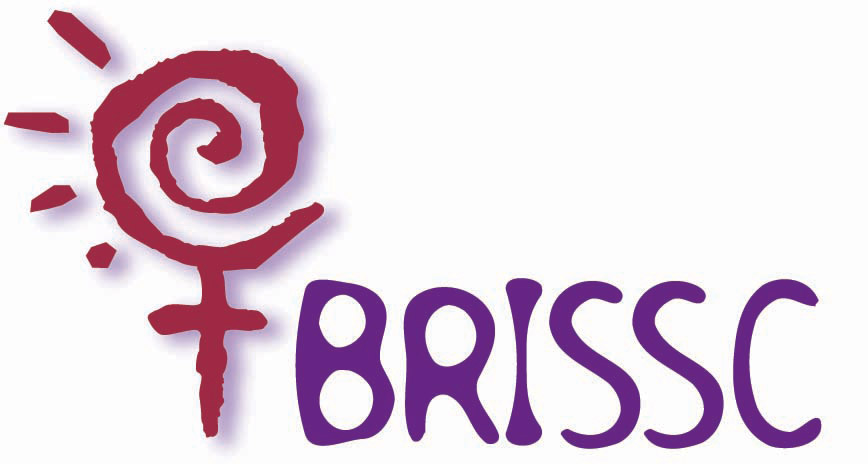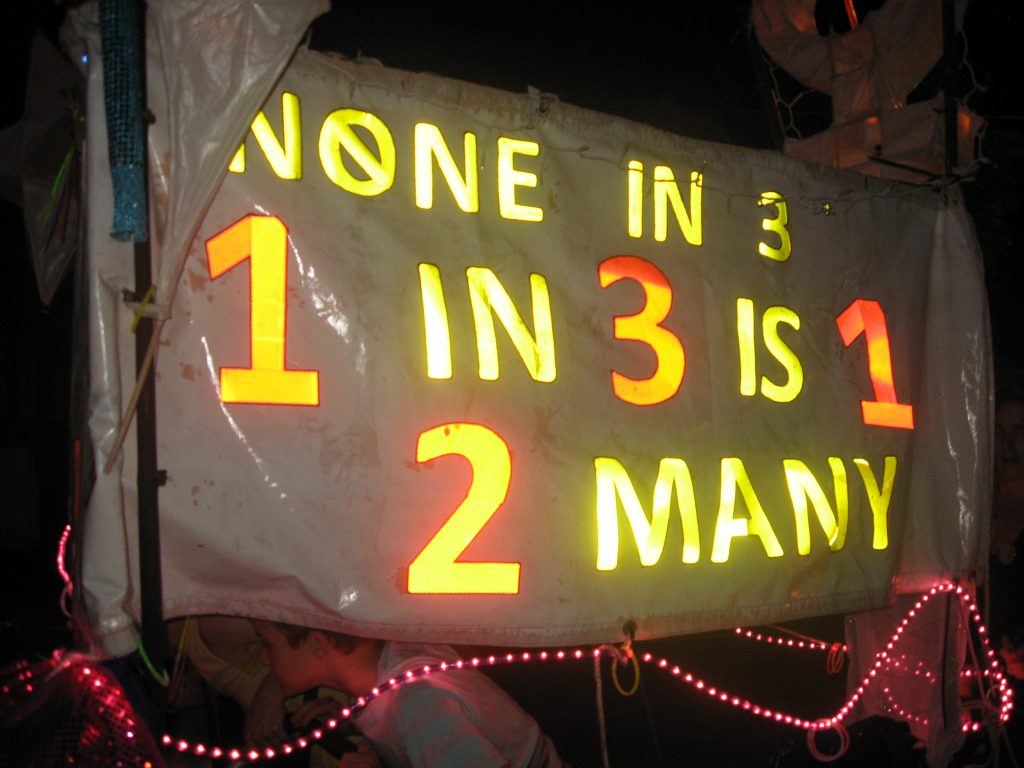ALCOHOL AND OTHER DRUGS
No matter whether alcohol or drugs were taken voluntarily or not, responsibility for the sexual violence always lies with the perpetrator.
Alcohol
Alcohol is the main ‘drug’ associated with drug-assisted sexual violence.
Sometimes alcohol or drugs were taken voluntarily before the rape or sexual assault.
Sometimes drinks are ‘spiked’ with stronger drinks or additional measures.
This can happen anywhere – at home, in a pub – and done by someone known or unknown. If you would like to know more about alcohol, sexual violence and public attitudes see This is Not an Invitation to Rape Me
Drugs
The drugs which are used to spike drinks are sedatives. The effects of these are made more powerful and dangerous if taken with alcohol. These drugs, sometimes called “date rape drugs” can take effect very quickly and the effects can last for hours. Rohypnol is well known, although many other prescription drugs and illicit substances are used including ketamine, temazepam, valium, GBL and GHB.
The Effects
Depending on the drug, the effects of these can vary but include:-
- amnesia (memory loss)
- drowsiness
- impaired judgement
- slurred speech
- nausea and/or vomiting
- disorientation
- poor balance and co-ordination
- aggression
- decrease in inhibitions
- decreased sense of reality
- hallucinations
- numbness
- paralysis
Many of the above are also associated with significant alcohol consumption so their consumption can be difficult to identify. The combination and amount of drugs, combined with alcohol can be life threatening and it is important to seek medical advice if you have any concerns.
If you have been affected
You may not remember much of what happened. This can make reporting very difficult. Not knowing what or all of what has happened, having gaps in events, possibly not knowing who was involved or where you were taken can also be difficult to cope with.
You may have other evidence to suggest something has happened, such as bruises or bleeding or you may find yourself somewhere or with someone you do not know. You may find yourself going over and over what happened, or torturing yourself with thoughts of what might have taken place.
If you think you might have been raped or sexually assaulted and want to involve the police it is important to do this as soon as possible as traces of the drugs can leave your system very quickly, along with other forensic evidence. This varies depending on the drug. Some leave no trace after 12 hours, others 48. The police may want to take blood, urine and hair samples in addition to the forensic examination associated with rape/sexual assault.
Whether or not you involve the police you may want to think about contacting health or support services.
While support may not be able to reassure you about what has happened or give you answers to the questions you may have about those gaps it is important you know that there is support available.
Remember, you are not to blame and you deserve to be safe, listened to and to have the support you need.

